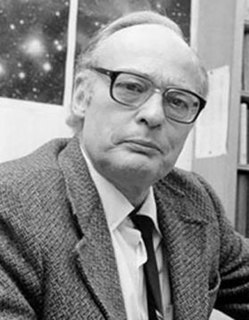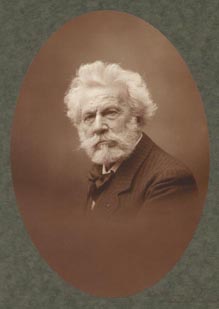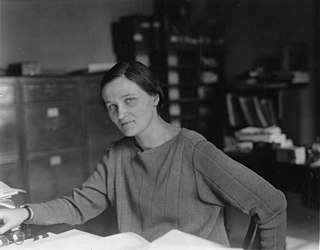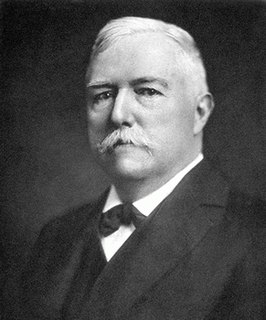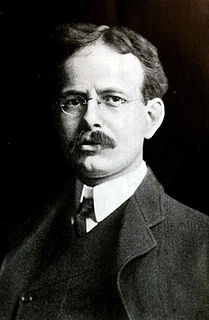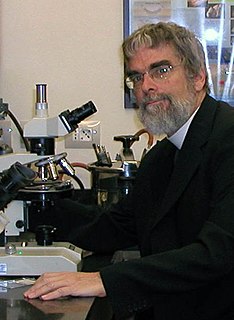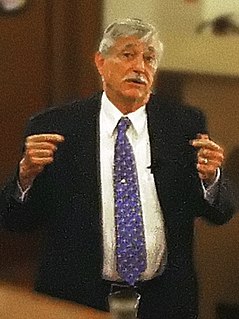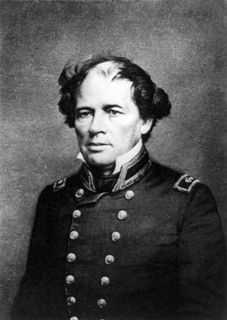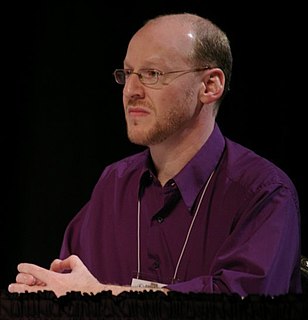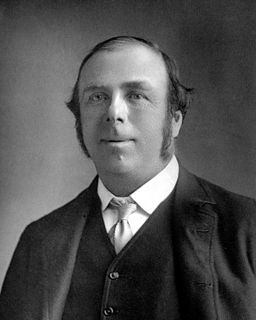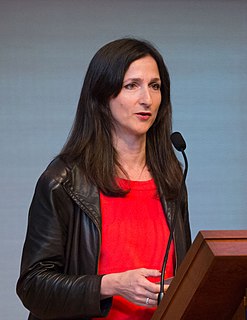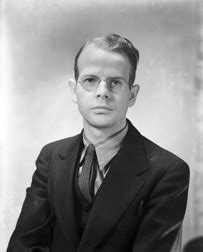A Quote by Edward Robert Harrison
The stars begin to fade like guttering candles and are snuffed out one by one. Out in the depths of space the great celestial cities, the galaxies cluttered with the memorabilia of ages, are gradually dying. Tens of billions of years pass in the growing darkness ... of a universe condemned to become a galactic graveyard.
Related Quotes
And when the universe has finished exploding all the stars will slow down, like a ball that has been thrown into the air, and they will come to a halt and they will all begin to fall towards the centre of the universe again. And then there will be nothing to stop us seeing all the stars in the world because they will all be moving towards us, gradually faster and faster, and we will know that the world is going to end soon because when we look up into the sky at night there will be no darkness, just the blazing light of billions and billions of stars, all falling.
Days to come stand in front of us like a row of lighted candles— golden, warm, and vivid candles. Days gone by fall behind us, a gloomy line of snuffed-out candles; the nearest are smoking still, cold, melted, and bent. I don’t want to look at them: their shape saddens me, and it saddens me to remember their original light. I look ahead at my lighted candles. I don’t want to turn for fear of seeing, terrified, how quickly that dark line gets longer, how quickly the snuffed-out candles proliferate.
The near side of a galaxy is tens of thousands of light-years closer to us than the far side; thus we see the front as it was tens of thousands of years before the back. But typical events in galactic dynamics occupy tens of millions of years, so the error in thinking of an image of a galaxy as frozen in one moment of time is small.
I never said it. Honest. Oh, I said there are maybe 100 billion galaxies and 10 billion trillion stars. It's hard to talk about the Cosmos without using big numbers. I said "billion" many times on the Cosmos television series, which was seen by a great many people. But I never said "billions and billions." For one thing, it's too imprecise. How many billions are "billions and billions"? A few billion? Twenty billion? A hundred billion? "Billions and billions" is pretty vague. When we reconfigured and updated the series, I checked-and sure enough, I never said it.
The mountains are great stone bells; they clang together like nuns. Who shushed the stars? There are a thousand million galaxies easily seen in the Palomar reflector; collisions between and among them do, of course, occur. But these collisions are very long and silent slides. Billions of stars sift amont each other untouched, too distant even to be moved, heedless as always, hushed. The sea pronounces something, over and over, in a hoarse whisper; I cannot quite make it out. But God knows I have tried.
I like the stars. It's the illusion of permanence, I think. I mean, they're always flaring up and caving in and going out. But from here, I can pretend...I can pretend that things last. I can pretend that lives last longer than moments. Gods come, and gods go. Mortals flicker and flash and fade. Worlds don't last; and stars and galaxies are transient, fleeting things that twinkle like fireflies and vanish into cold and dust. But I can pretend.
